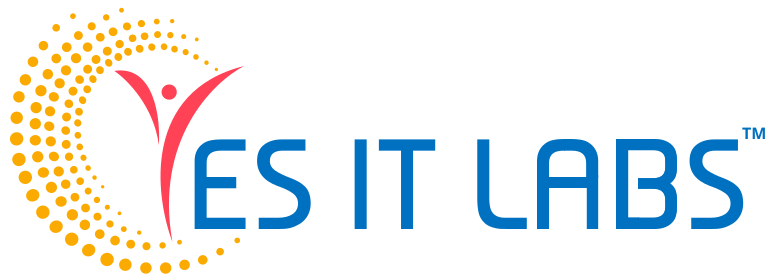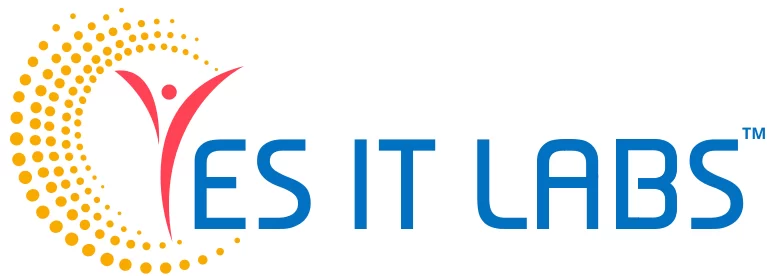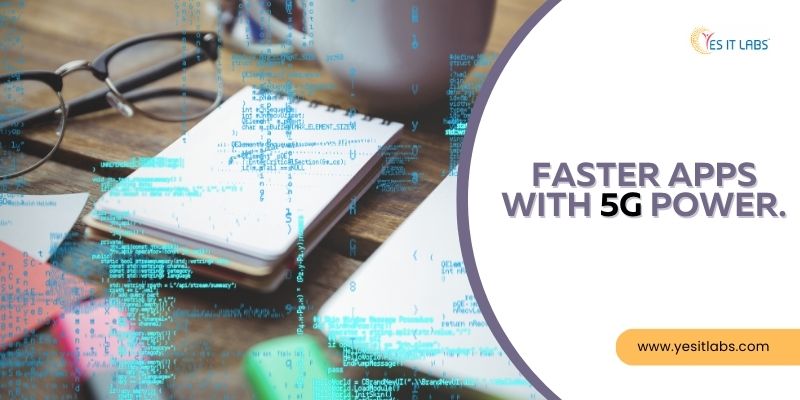5G is changing the world of mobile app development in a big way. As this new technology becomes more common, especially in the USA, businesses and developers need to understand how it will affect mobile apps. With faster speeds, better connections, and many more possibilities, 5G will allow mobile software developers to create amazing new experiences.
1. What is 5G And Why Should You Care About it?
5G stands for “fifth generation” in mobile network technology. It’s not just a faster version of 4G—it’s a whole new way for mobile devices to connect. 5G is much faster than 4G, with speeds that can be up to 100 times quicker. It also has very low latency, which means the time it takes for data to travel between devices is much shorter.
In the USA, 5G is quickly becoming available in more cities, and it’s going to change how we use apps on our phones and other devices. For businesses and developers, this means big changes in mobile app development. Mobile software development companies will need to adjust to take advantage of the new features 5G brings.
2. How 5G Will Change Mobile App Development
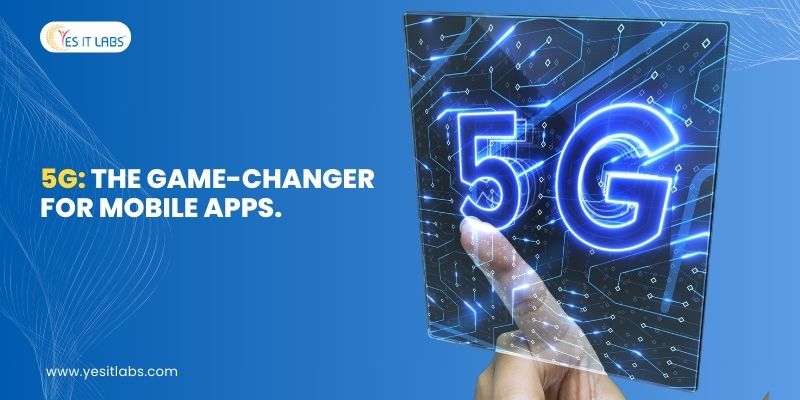
Let’s look at how 5G will transform the way mobile apps are developed:
Faster Speeds and Better Connections
The biggest benefit of 5G is speed. With 5G, download speeds can reach up to 10 Gbps, which allows apps to handle a lot more data without slowing down. This is especially important for apps that use real-time data, such as gaming apps, video streaming, and hybrid app development.
This faster speed also means that users can download or upload large files much quicker. For developers offering app development services, this opens up opportunities to build better user experiences, with less waiting time and smoother performance.
Low Latency for Real-Time Apps
Data latency refers to the time between when data is sent and when it is received. With 5G, latency is extremely low—about 1 millisecond, compared to 50 milliseconds with 4G. This is very important for apps that need real-time responses, like multiplayer games, IoT devices, or self-driving cars.
For developers, this means they can create apps that feel almost instant in how they respond to users. Imagine a world where video calls don’t lag, online games are completely smooth, and augmented reality (AR) experiences feel real. Mobile software development companies will be at the center of making this a reality.
Improved Streaming with 4K and 8K Video
With 5G, high-quality video streaming will get a huge boost. People will expect to watch videos in 4K or even 8K on their phones without any buffering. This creates new opportunities for video apps, streaming services, and content creators.
For developers, this means they can design apps that offer richer video experiences, knowing that users won’t have to wait for videos to load or worry about poor quality. Businesses offering mobile app development services can now create apps that take advantage of this fast video streaming.
Growth of IoT Apps
The Internet of Things (IoT) connects everyday objects—like smart home devices, cars, and medical equipment—to the internet. With 5G, IoT will become even bigger. Developers will be able to create apps that control and manage many more smart devices at once, with faster, real-time communication between them.
From smart homes to smart cities, mobile apps will play a huge role in connecting everything. Apps will be able to handle more devices, respond faster, and provide better insights, all thanks to 5G. This is where hybrid app development will shine, creating solutions that connect with multiple devices.
5G’s Impact on Cloud and Edge Computing
5G is also going to improve both cloud computing and edge computing. With faster connections, mobile apps can rely more on cloud storage and processing, which means less need for powerful hardware on the device itself. This will allow developers to create apps that perform heavy tasks in the cloud, making them lighter and faster.
Edge computing is when data is processed closer to the user instead of far away in the cloud. This will be much easier with 5G, leading to quicker response times and better app performance.
3. Challenges of Developing for 5G
Even though 5G brings many advantages, there are some challenges developers need to think about:
- Limited Availability: 5G networks are still being rolled out, so not everyone has access yet. Developers need to make sure their apps also work well on 4G or even 3G networks for users in areas without 5G.
- Higher Expectations: With 5G, users will expect apps to be faster and more powerful. Developers need to meet these high expectations while ensuring that their apps remain reliable.
- Security Concerns: With more devices connected to 5G, the risk of cyberattacks increases. Developers must build strong security features into their apps to protect user data.
4. Industries That Will Benefit the Most from 5G Apps
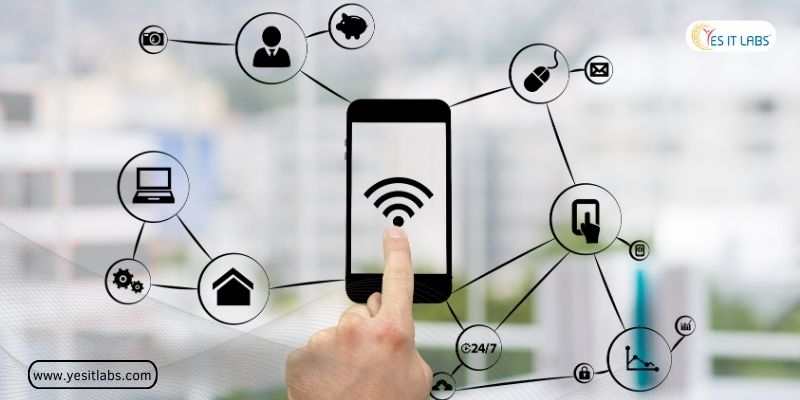
Several industries are likely to benefit greatly from 5G technology:
Healthcare
With 5G, the healthcare industry will see major improvements. Telemedicine, which allows doctors to treat patients remotely, will become even more effective. With low latency and real-time data, doctors can monitor patients, perform diagnostics, and even assist in surgeries from afar. Mobile apps that work with smart medical devices will become more common, offering personalized care.
Gaming
The gaming industry will take off with 5G. Cloud gaming, which allows players to stream games instead of downloading them, will be much smoother with 5G’s fast speeds and low latency. This means gamers can enjoy high-quality, real-time multiplayer games without lag. Developers will have more freedom to create detailed, complex games without worrying about slow connections.
Retail and E-Commerce
Retailers and e-commerce companies will benefit from 5G through new ways to engage customers. With faster speeds, augmented reality (AR) shopping experiences—like trying on clothes virtually—will become more common. Real-time payment processing and inventory tracking will improve, providing a smoother shopping experience for users.
Transportation and Smart Cities
From self-driving cars to smart city infrastructure, 5G will have a huge impact on transportation. Mobile apps that manage traffic, energy usage, and public safety will become more advanced. Developers will play a key role in creating these apps that help cities run more efficiently and make transportation safer.
5. Future Trends in Mobile Software Development with 5G
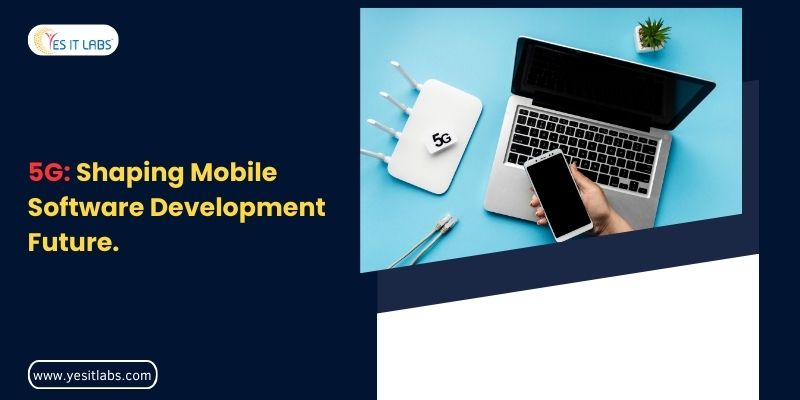
Here are some exciting trends we can expect to see in mobile software development thanks to 5G:
AI and 5G-Powered Apps
Artificial intelligence (AI) apps will become more powerful with 5G. These apps can process data faster and make smarter decisions in real time. Whether it’s personal assistants, recommendation engines, or smart apps, AI will become more integrated into daily life, powered by 5G’s capabilities.
AR and VR Experiences
Augmented reality (AR) and virtual reality (VR) apps will get a big boost from 5G. With faster connections, users can experience AR and VR without delays, making these technologies more practical and immersive. Developers can create interactive experiences for gaming, education, or training, all with real-time, lifelike graphics.
Improved Mobile Security with 5G
More data and devices connected through 5G will mean a greater need for security. Developers will need to focus on stronger encryption and better authentication methods to protect users’ sensitive information. Mobile security features will evolve as 5G becomes more common.
6. How Developers Can Get Ready for 5G
To prepare for the 5G revolution, developers should start thinking about the following:
- Use Edge Computing: With 5G, consider using both cloud and edge computing to improve speed and reduce latency for your apps.
- Prioritize Security: As more devices are connected through 5G, it’s important to build strong security features into your apps from the start.
- Optimize for Speed: Users will expect fast, seamless experiences. Focus on optimizing your apps’ performance to take full advantage of 5G’s speed and power.
7. Conclusion: The Future of 5G and Mobile App Development
5G is more than just an upgrade to 4G—it’s a transformative technology that will change how we create and use mobile apps. With faster speeds, lower latency, and the ability to handle more devices, 5G will unlock new opportunities for developers to create innovative apps that offer richer, more immersive experiences.
As 5G becomes more available in the USA, businesses and developers must adapt to keep up with the changes. Companies like YES IT Labs, a leading mobile software development company, are ready to help businesses take advantage of this new technology. Whether you’re looking to build IoT, AI or hybrid app development, YES IT Labs can provide the right app development services to turn your ideas into reality.
Contact YES IT Labs today to learn how we can help you succeed in the 5G-powered future of mobile app development.
